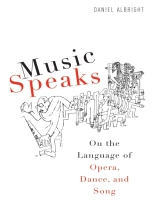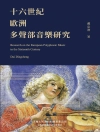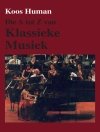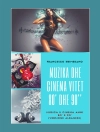Explores the meaning[s] of music, the most intricate and significant language invented by our culture.
From Daniel Albright, author of
Musicking Shakespeare and
Berlioz’s Semi-Operas, comes a collection of essays on music and on dance, probing the problems of articulating the meaning[s] of music; the larger question of how music and language interact; how text-setting highlights certain areas of meter, theme, or ironic undertone, and leaves others in darkness; how a musical composition can behave as a critique of a previous composition; and how one might rehabilitate certain underappreciated or much-scorned figures, such as Meyerbeer, by showing that the very terms of invective used against them can be seen, from another angle, as an indication of what is exciting in their work.
Albright shows that music history has an aesthetic of its own, and how music history interacts with intellectual history (from Rousseau to Paul de Man). By abutting music against literature and painting, and by juxtaposing the musics of different centuries, Albright frames a particular work, isolating what is arresting and important in it.
The essays range widely, but they rarely stray far from opera, for the opera house is the venue where the performances speak the most intricate and significant language invented by our culture – a language that speaks in music, words, pictures, and light.
Daniel Albright teaches courses in the English, Comparative Literature, and Music departments at Harvard University.
Cuprins
Music’s Pentecost, Music’s Stupidity
Heine and the Composers
The Diabolical Senta
Les Troyens: The Undoing of Opera
Far Sounds in Zemlinsky and Schreker
Butchering Moses
Elliott Carter and Poetry: Listening to, Listening Through
Sophoclean Opera
Belletristic Music in the Twentieth Century
Golden Calves: The Role of Dance in Opera
Elephant Swan Space Grace
Despre autor
Daniel ALbright is Ernest Bernbaum Professor of Literature, Harvard University












